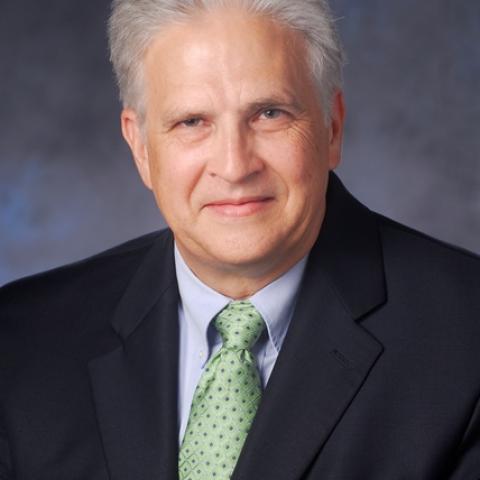Mike Leamy
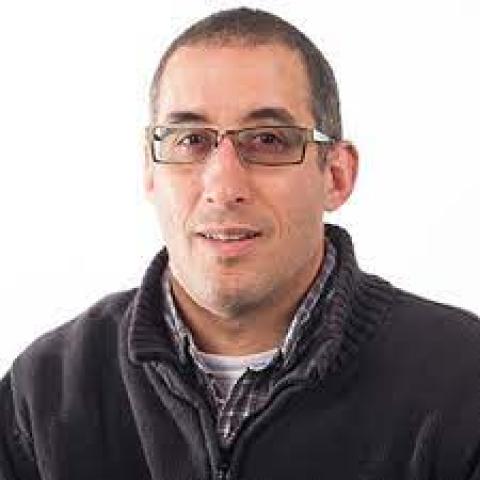
Electric Vehicles; Acoustics and Dynamics; computational mechanics; Multiscale Modeling; Nanostructured Materials; Metamaterials
- Computing and Communication Technologies

Electric Vehicles; Acoustics and Dynamics; computational mechanics; Multiscale Modeling; Nanostructured Materials; Metamaterials
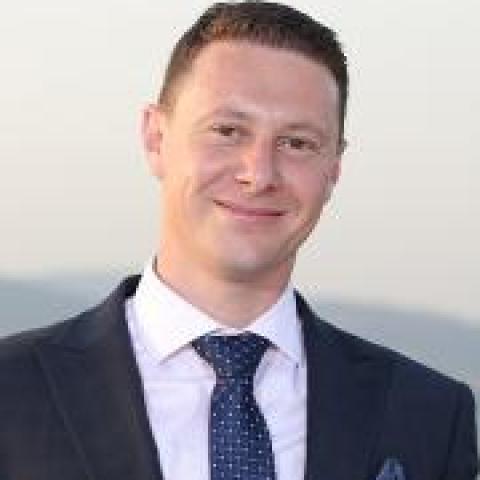
Dr. Dan Kotlyar is an Assistant Professor in the Nuclear and Radiological Engineering, G.W.W. School of Mechanical Engineering. He received his B.Sc. in Engineering in 2008, MSc in Nuclear Engineering in 2010, and PhD in Nuclear Engineering in 2013 from Ben-Gurion University, Israel. In 2014, he joined the University of Cambridge as a Research Associate in the Engineering Design Center. In 2014, he was elected as a Research Fellow at Jesus College. He is the recipient of the NRC Faculty Development Fellowship. Dr. Kotlyar’s research interests include development of numerical methods and algorithms for coupled Monte Carlo, fuel depletion and thermal hydraulic codes. In particular, he specializes in applying these methods to the analysis of advanced reactor systems. Dr. Kotlyar’s research also focuses on optimizing the performance of various fuel cycles in terms of fuel utilization, proliferation, and cost. Dr. Kotlyar profoundly believes in education through research and thus integrates practical reactor system design into his lectures.
Nuclear
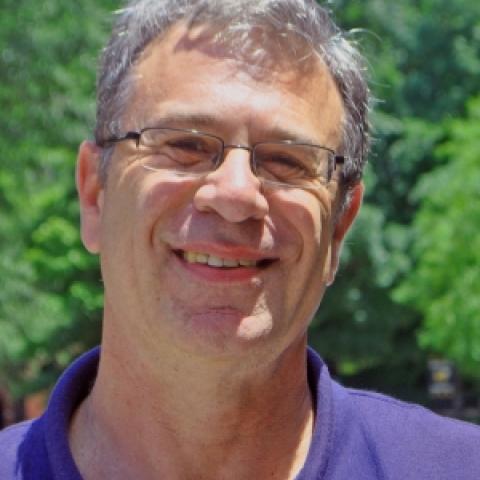
Kardomateas has twenty five years of research experience in the mechanics of structures and materials, both advanced (composite) and conventional (metallic). He is the author (together with R.L. Carlson) of the book: An Introduction to Fatigue in Metals and Composites, published by Chapman and Hall, 1996, the editor of three volumes published by the Applied Mechanics Division of the ASME (American Society of Mechanical Engineers) as well as the author of about one hundred refereed journal papers, about one hundred conference proceedings papers and over twenty articles published as parts of books. He has served as the elected chairman of the Applied Mechanics Division Composites Committee of ASME and the Program Representative of the Aerospace Division Structures and Materials Committee of the ASME. Kardomateas has served as an Associate Editor of the AIAA Journal, has also served in the AIAA Technical Committee on Structures and as a Contributing Editor of the International Journal of Non-Linear Mechanics. Following his Ph.D. studies, he assumed the position of Senior Research Engineer in the General Motors Research Laboratories, conducting industrial research in the emerging at that time field of advanced composites. In January 1989, Kardomateas joined the academic faculty at the Georgia Institute of Technology as an Assistant Professor and was promoted to the rank of Associate Professor in 1992 and to the rank of Professor in 1997. Over the last seventeen years, Kardomateas has been the principal investigator and project director of Academic Grants sponsored by the Office of Naval Research, the Air Force Office of Scientific Research, the Army Research Office, the Federal Aviation Administration and the National Rotorcraft Technology Center as well as of Research Contracts sponsored by the US Air Force Warner Robins Air Logistics Center, Sikorsky Aircraft and General Motors Corp. in the field of fracture/fatigue/structural behavior in both advanced composite and conventional metallic materials and structures. Kardomateas' research has been published in highly respected journals in the Mechanics area, such as the Journal of Applied Mechanics, the Journal of the Mechanics and Physics of Solids, the AIAA Journal, the International Journal of Fracture, the International Journal of Solids and Structures, the Philosophical Magazine, etc.
Composites; fracture and fatigue; micro and nanomechanics
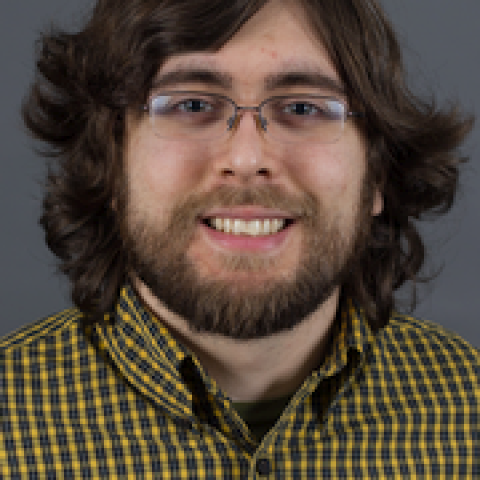
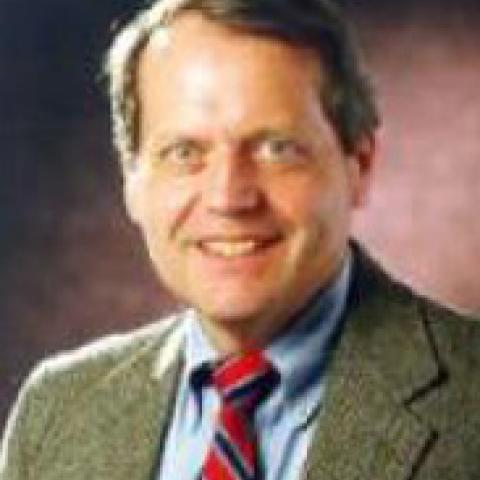
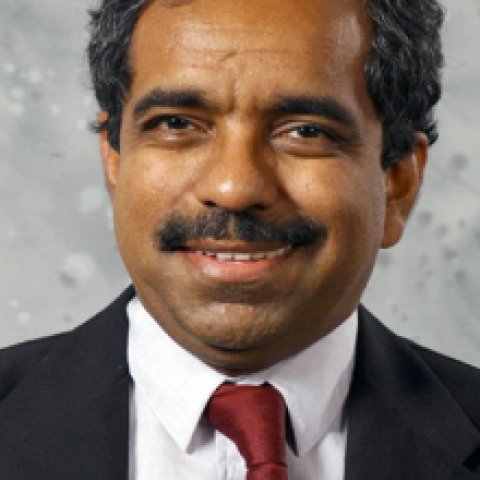
Karl I. Jacob, a professor of Materials Science and Engineering with a joint appointment in the G. W. Woodruff School of Mechanical Engineering, teaches graduate and undergraduate courses on polymer physics and engineering, rheology, and mechanics of polymeric materials. His graduate work was in the area of numerical analysis of vibrating three-dimensional structures. He came to Georgia Tech from DuPont Corporation in 1995. His initial work at the DuPont Dacron Research Laboratory was in the area of fiber-reinforced composite materials and in the development and modeling of fiber spinning processes. He then moved to the DuPont Central Research and Development Department, where he was involved in molecular modeling, computational chemistry, and diffusion.
Jacob is a member of the American Academy of Mechanics, the American Society of Mechanical Engineers, the Sigma Xi Research Society, and the Phi Kappa Phi Honor Society.
"Dr. Jacob's research is directed at stress induced phase changes, nanoscale characterization of materials, synthesis of polymeric nanofibers, mechanical behavior of fiber assemblies (particularly related to biological systems and biomimitic systems), nanoparticle reinforced composites, transdermal drug delivery systems, large scale deformation of rubbery (networked) polymers, and nanoscale fracture of materials. The objectives in this work, using theoretical, computational and experimental techniques, is to understand the effect of micro- and nano- structures in the behavior of materials in order to try to design the micro/nano structures for specific materials response. Dr. Jacob plans are to continue current research interests with a multidisciplinary thrust with more emphasis in bio related areas and to start some work on the dynamic behavior of materials and structures. Graduate students could benefit from the interdisciplinary nature of the work combining classical continuum mechanics with nanoscale analysis for various applications, particularly in the nano and bio areas. Dr. Jacob has extensive experience in vibrations and stability of structures, mechanics of polymeric materials, behavior of fiber assemblies, stress-induced phase transformation, diffusion, and molecular modeling. His research involves the application of mechanics principles, both theoretical and experimental, in the analysis and design of materials for various applications.";Fibers; smart textiles; fuel cells; Polymeric composites

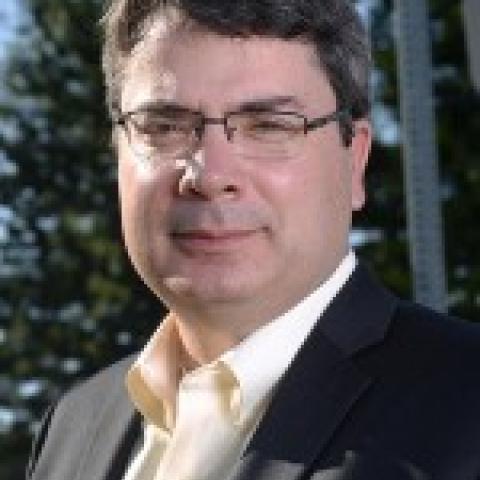
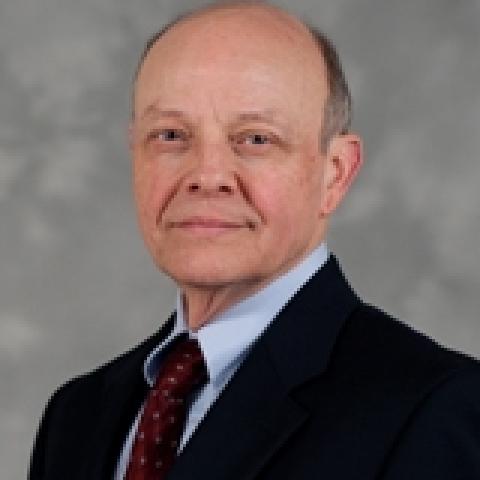
Dennis Hess’s research interests are in thin film science and technology, surface and interface modification and characterization, microelectronics processing and electronic materials. His group focuses on the establishment of fundamental structure-property relationships and their connection to chemical process sequences used in the fabrication of novel films, electronic materials, devices, and nanostructures. Control of the surface properties of materials such as dielectrics, semiconductors, metals, and paper or paper board by film deposition or surface modification allows the design of such surfaces for a variety of applications in microelectronics, packaging, sensors, microfluidics, and separation processes.
Electronics; Thin Films; Surfaces and Interfaces; plasma processing; Papermaking; Coatings & Barriers; Films & Coatings; Biomaterials
